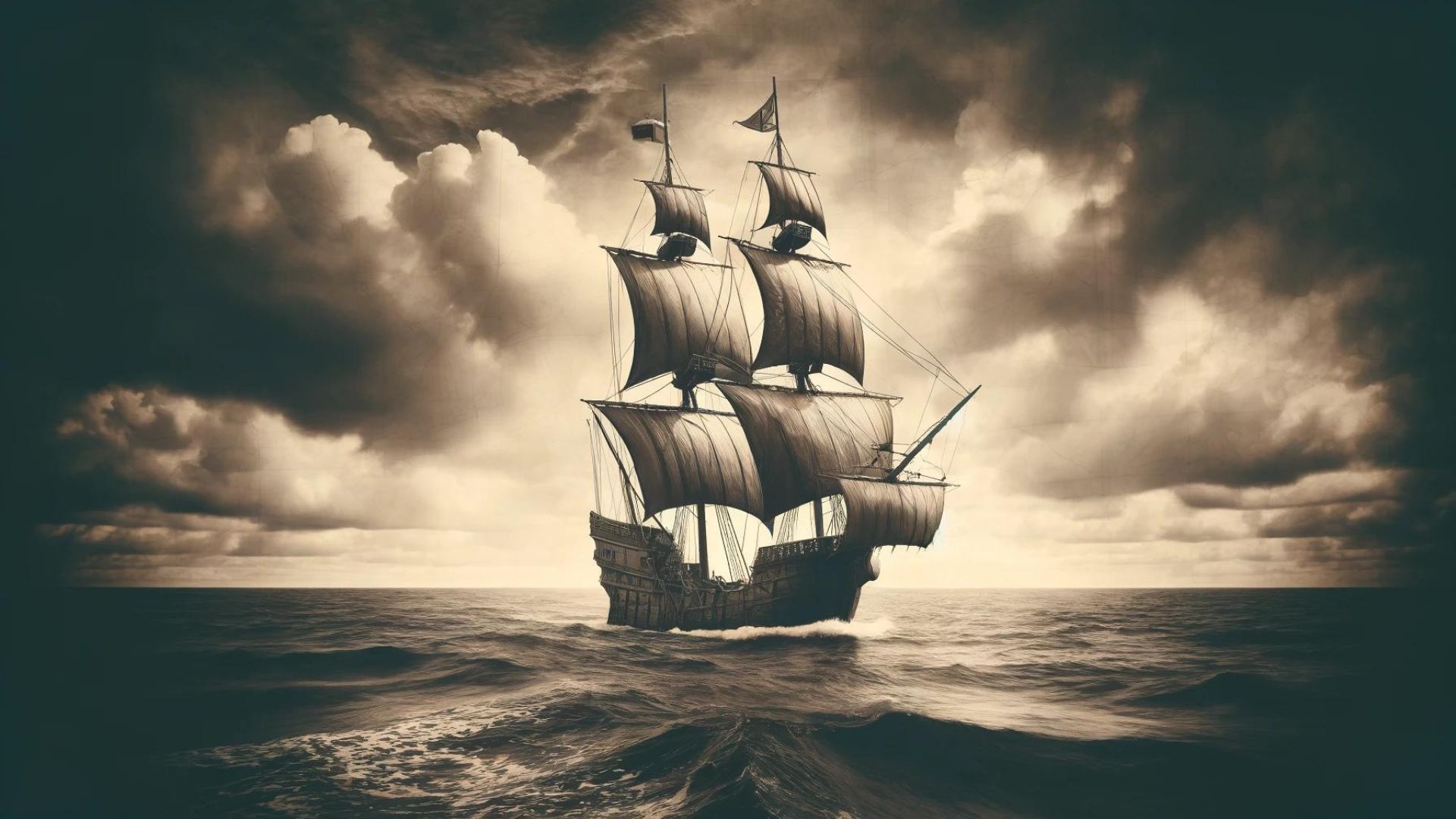Christopher Columbus’s Voyages: The Dawn of a New Era
Christopher Columbus, the Italian explorer sailing under the Spanish flag, embarked on four historic voyages across the Atlantic Ocean between 1492 and 1504. While his initial goal was to find a western sea route to Asia, his expeditions led to the “discovery” of the Americas and initiated a new era of exploration, colonization, and global exchange.
The Four Voyages: A Timeline of Discovery
- First Voyage (1492-1493): Columbus set sail with three ships—the Niña, the Pinta, and the Santa Maria—believing he could reach the East Indies by sailing west. Instead, he landed in the Bahamas, which he mistakenly called the West Indies. He also explored the islands of Cuba and Hispaniola.
- Second Voyage (1493-1496): With a larger fleet and the intent to colonize, Columbus returned to the Caribbean. He established the first European colony in the Americas on Hispaniola and explored more islands, including Puerto Rico and Jamaica.
- Third Voyage (1498-1500): Columbus sailed further south, reaching the mainland of South America near the Orinoco River. However, his mismanagement of Hispaniola led to his arrest and removal as governor.
- Fourth Voyage (1502-1504): Determined to find a passage to Asia, Columbus explored the coasts of Central America, from Honduras to Panama. This voyage was plagued by shipwrecks and hardships.
The Impact and Legacy
Columbus’s voyages had far-reaching consequences that continue to shape the world today:
- Exchange of Goods and Ideas: His expeditions initiated the Columbian Exchange, a massive transfer of plants, animals, diseases, and cultural practices between the Old World and the New World.
- Colonization and European Expansion: Columbus’s discoveries paved the way for European colonization of the Americas, leading to the displacement and decimation of indigenous populations.
- Global Trade and Economic Growth: The opening of the Americas to European trade spurred economic growth and fueled the rise of global empires.
- Scientific Advancement: Columbus’s voyages sparked interest in geography, navigation, and cartography, contributing to a deeper understanding of the world.
A Controversial Figure
While Columbus is celebrated for his navigational skills and role in opening up the Americas, his legacy is also deeply controversial. The brutal treatment of indigenous people, including enslavement and forced labor, has tarnished his reputation.
Today, there is a growing movement to re-examine Columbus’s legacy and acknowledge the suffering he caused. Many communities are choosing to replace Columbus Day celebrations with Indigenous Peoples’ Day, honoring the resilience and contributions of Native Americans.
In Conclusion
Christopher Columbus’s voyages marked a turning point in history, forever altering the course of human events. While his achievements cannot be denied, it is essential to acknowledge the full complexity of his legacy and the lasting impact it has had on indigenous communities.










0 Comments